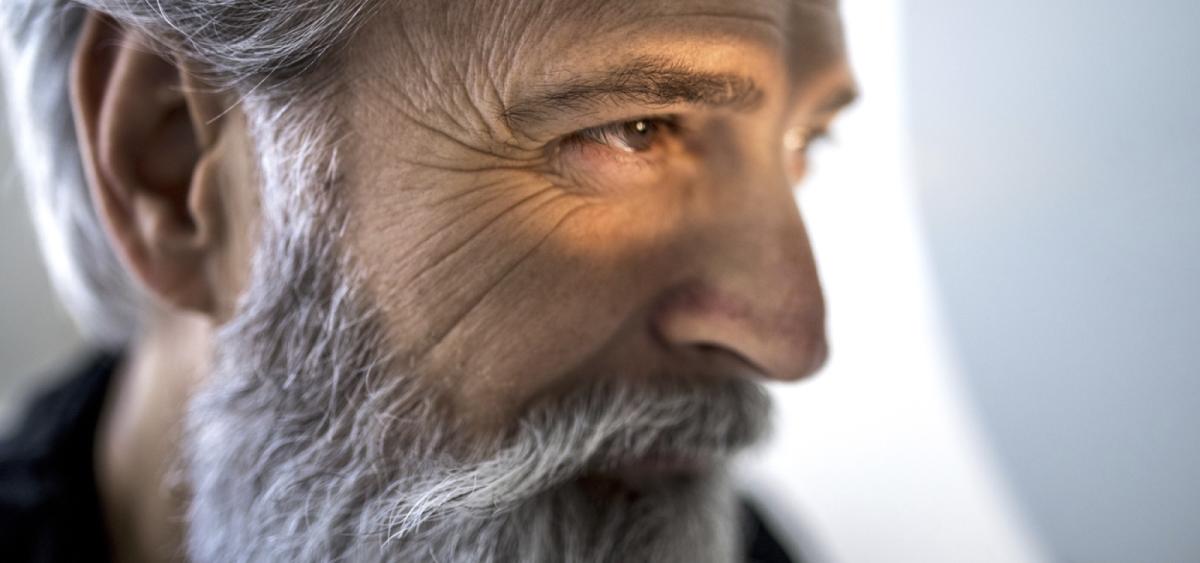

Revolutionizing Ophthalmic Surgical Education with Virtual Reality
April 16, 2024
4 mins, 30 secs read


April 16, 2024
4 mins, 30 secs read
The best thing is actually getting to see this VR Simulator in action, knowing that with each training session, we’re taking another step toward helping every person see brilliantly.
Rustin Floyd, Alcon’s Global Director, Head of Healthcare Practitioner Training and Education
At Alcon, we’re dedicated to helping people around the world see brilliantly. Our world-class associates leading the development of next-generation technologies and discovering novel solutions for patients help deliver on this mission.
This same approach of creativity, discovery and cutting-edge innovation is exemplified by Rustin Floyd, Global Director, Head of Healthcare Practitioner (HCP) Training & Education. Over his nearly 20 years with Alcon, Rustin has helped Alcon remain on the leading-edge of HCP training and education.
We sat down with Rustin to discuss Alcon’s Fidelis™ Virtual Reality (VR) Ophthalmic Surgical Simulator, an immersive, haptic VR Simulator that aims to improve training outcomes and bolster surgical confidence for novice surgeons around the globe.


Thanks for sitting down with us Rustin. To begin, can you tell us a little about yourself?
Rustin: Absolutely, I’ve been with Alcon for almost 20 years, and my current role involves training and the education of healthcare practitioners and surgeons-in-training. Specifically, my latest venture involves virtual reality to help surgeons around the world improve their surgical skillsets.
You previewed this Alcon Fidelis VR Ophthalmic Surgical Simulator at an important ophthalmology meeting – the European Society of Cataract & Refractive Surgery 2024 (ESCRS 2024). Can you give us a brief explanation of what it is, how it works and what makes this tech special?
Rustin: The Alcon Fidelis VR Ophthalmic Surgical Simulator is a portable tool used to train cataract surgeons. When you put on the headset and enter the surgical simulator, you’re placed in a high-fidelity virtual operating room (OR), where you’re introduced to Alcon’s latest surgical innovations for cataract surgery. In addition, Fidelis welcomes community learning, remote coaching and encourages engagement within the ophthalmic community.
We spent years creating the Fidelis VR Simulator. It has haptic (touch) feedback that simulates the real-life sight, sound and touch you would experience with cataract surgery. It’s incredible to have tangible, tactile feedback using the simulator. For example, you feel real resistance when making incisions or placing pressure on the cornea.
Tell us more about this idea. How were you able to make this dream a reality?
Rustin: When I moved into my role as the Global Director and Head of HCP Training & Education, I was particularly interested in VR. And I remember thinking to myself, “there must be a way for Alcon to do something out of the box, something the industry had never seen before.”
So, years ago, we created essentially a theme park ride for ophthalmologists: the Alcon Virtual Eye Experience. This VR experience took you inside the anatomy of the eye and incorporated interactive training mechanics and poetic storytelling. We put it in front of the doctors, and they went crazy, proving that experiential VR can be a powerful, memorable tool that helps information stick. There began our journey with virtual reality.
How did that lead to the development of the Fidelis Simulator?
Rustin: A big driver for us in creating the Fidelis Simulator was actually COVID-19. Our pandemic silver lining was discovering there was an abundance of opportunities to be had in distance learning and remote coaching. We were exposed to the gamut of virtual learning environments that were born from necessity. We learned from those and tailored our virtual educational environments to those.
It’s been quite the journey from ideation to creating the virtual reality simulator, triaged from the massive amounts of feedback we’ve received. As you mentioned, we bring Fidelis to ophthalmology meetings around the world, where surgeons can experience the simulated OR for themselves and are able to provide feedback.
So, what’s next for the Fidelis VR Simulator?
Rustin: We’ve talked about the abilities of this device – the remote coaching, virtual instruction and communal training sessions for surgeons-in-training. These applications are going to be leveraged for truly positive work. As someone who's dedicated to education and training, I was thrilled to see Fidelis first be available for Alcon’s Phaco Development (PD) program, which offers sustainable cataract and patient care services to underserved communities.
Now, with the commercial software release, we are excited to make Fidelis available to all training and education programs throughout the world. With the innovations in virtual reality, the potential for the technology is limitless. We have the ability to engage with our customers, identify where they need help, and then formulate a path to get there.
Finally, Rustin, could you tell us how you’ve personally seen this technology improve training outcomes?
Rustin: Of course. On a trip to Chennai and Delhi, India, I demoed the Fidelis Simulator with several groups of surgeons, and the reaction was fantastic! Surgeons, Eye Care Professionals and their staff are excited about the impact.
We know surgical simulators can benefit and improve performance in the OR. A study of surgeons with fewer than 75 independent surgeries performed showed a 38% improvement in OSACSS rating scale.1 But the best thing is actually getting to see this VR Simulator in action, knowing that with each training session, we’re taking another step toward helping every person see brilliantly.
GLB-FVR-2200001